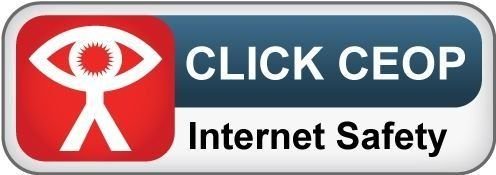Hello parents and carers.
The Year 4 team would like to thank all parents and carers for supporting your child's healthy relationship of reading and ensuring their weekly submission of their reading log, with an adult's comment of their reads (minimum of three).
Its value is incredible! How, you may ask? Or why, even?
The following is proven research, which demonstrates why your help and support in completing this enjoyable time and relationship builder with your child, is so very fundamental in their learning of all aspects of the curriculum.
What happens during the first few years sets the stage for the rest of a child's life.
It is a time when a child's experiences irreversibly affect how the brain develops.
Nurturing from a loving parent or caregiver in the early years supports healthy brain development that forms the foundation for success later at school and in life - and one of the best ways of engaging with young children is through looking at books together.
Even the youngest baby loves to be held close and hear the voice of their mum, dad or carer as they read a book aloud.
Reading aloud is the single most important researched activity, leading to language development and promotes early literacy skills.
Book handling and naming.
Understanding how stories work.
Recognition of sounds and letters.
Knowledge of a wide range of vocabulary.
Ability to listen.
Build focus and attention span.
Develops creativity.
Builds motivation, curiosity and memory.
Helps children cope during times of stress or anxiety.
Take children to places and times they have never been - enlarging and enhancing their worlds.
Creates a positive association with books and reading.
These are just to name a few.
Despite children wanting to read for pleasure, which we also encourage, pleasure for reading, reading to yourself - does not provide the above benefits for young children, who need to develop this skills and qualities.
When your child reads to you, you can ask them questions, to support their reading, which is part of the 'reading process', even if only one or two pages have been read.
How to do it!
Reading comprehension for children and parents at home.
Can your child find evidence directly from the story to answer your questions?
The answer is right there in the text.
What did……… do?
Who did……… do it to
How many……… were/are there?
Who are………?
Can you tell me what this word/bit means? Can you see a part of the word which you recognise? e.g Cup/board --> cupboard this is called a compound word where two words put together, make a new one.
What kind of ……… is that?
Can you put that word we discussed into a sentence of your own?
Can your child think and search for the answer?
The answers are found in different parts of the story and they might have to apply prior knowledge or personal experience to an answer.
How do you make/do……?
What happened when……… did………?
What happened to………?
What do you think might happen next OR What happened before?
How many times…
What examples can you find?
Where did this happen?
Where was…… when this was happening?
Find a word, which means.....
Find and repeat the words which tell me..... e.g. How the character walked, how he/she felt, What they were doing before... etc
Can your child answer questions without referring to the story?
The answer is not in the story, it is your child’s opinion and thoughts.
Have you ever…
If you could…
If you were going to…
In your opinion…
Do you agree with………? Why?
Do you know anyone who………?
How do you feel about……?
Describe the character
What word could be used to describe....
